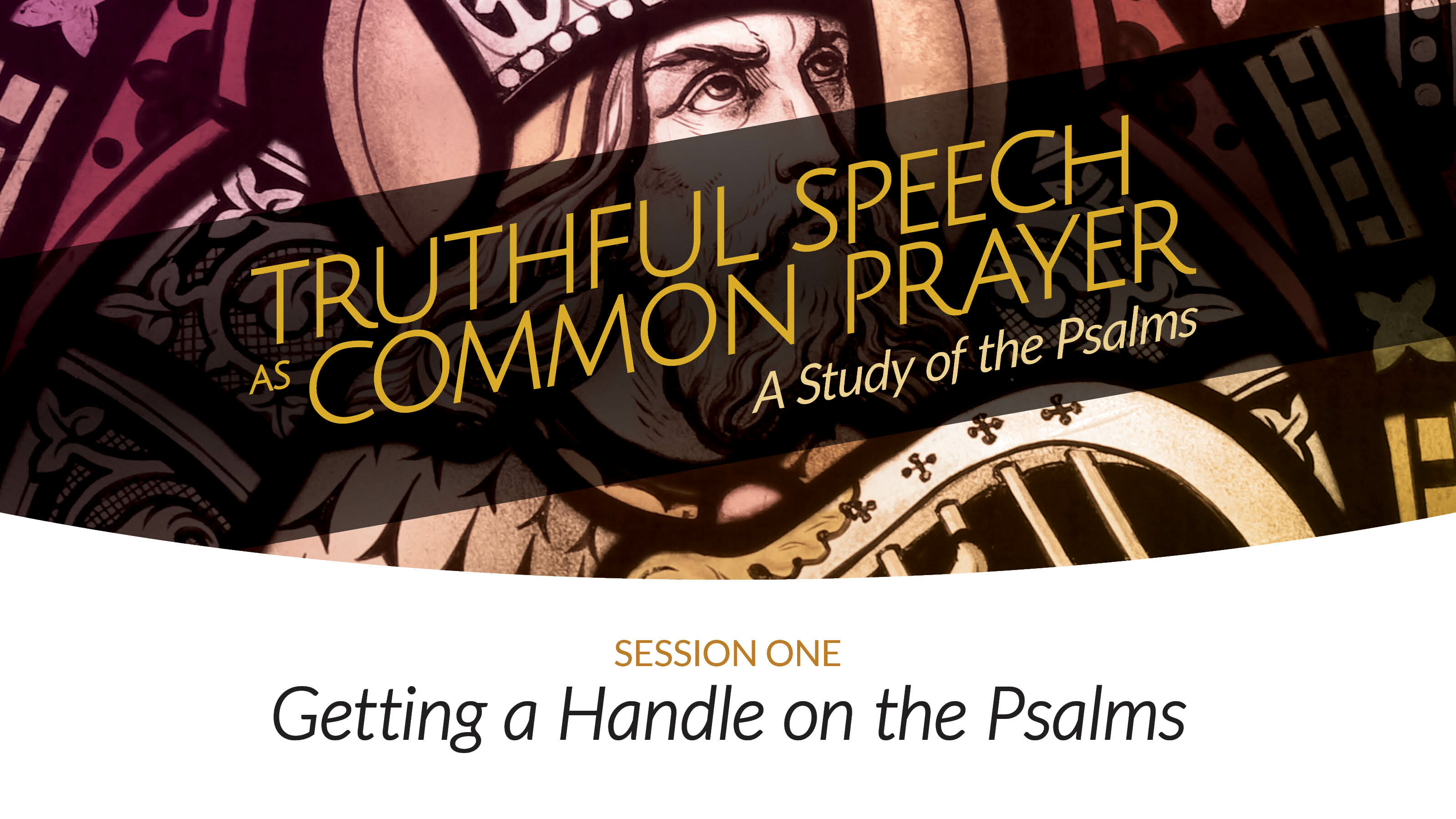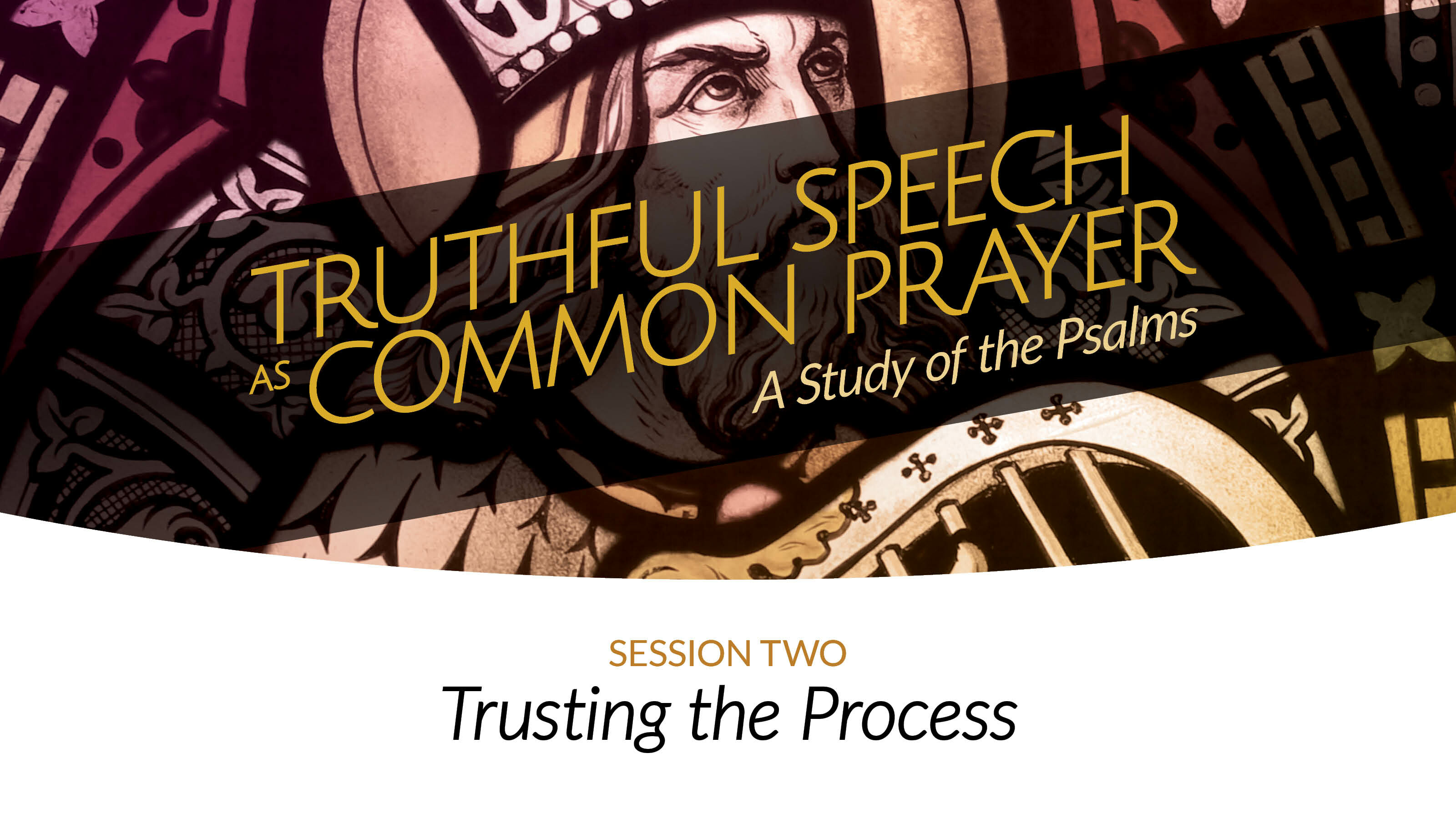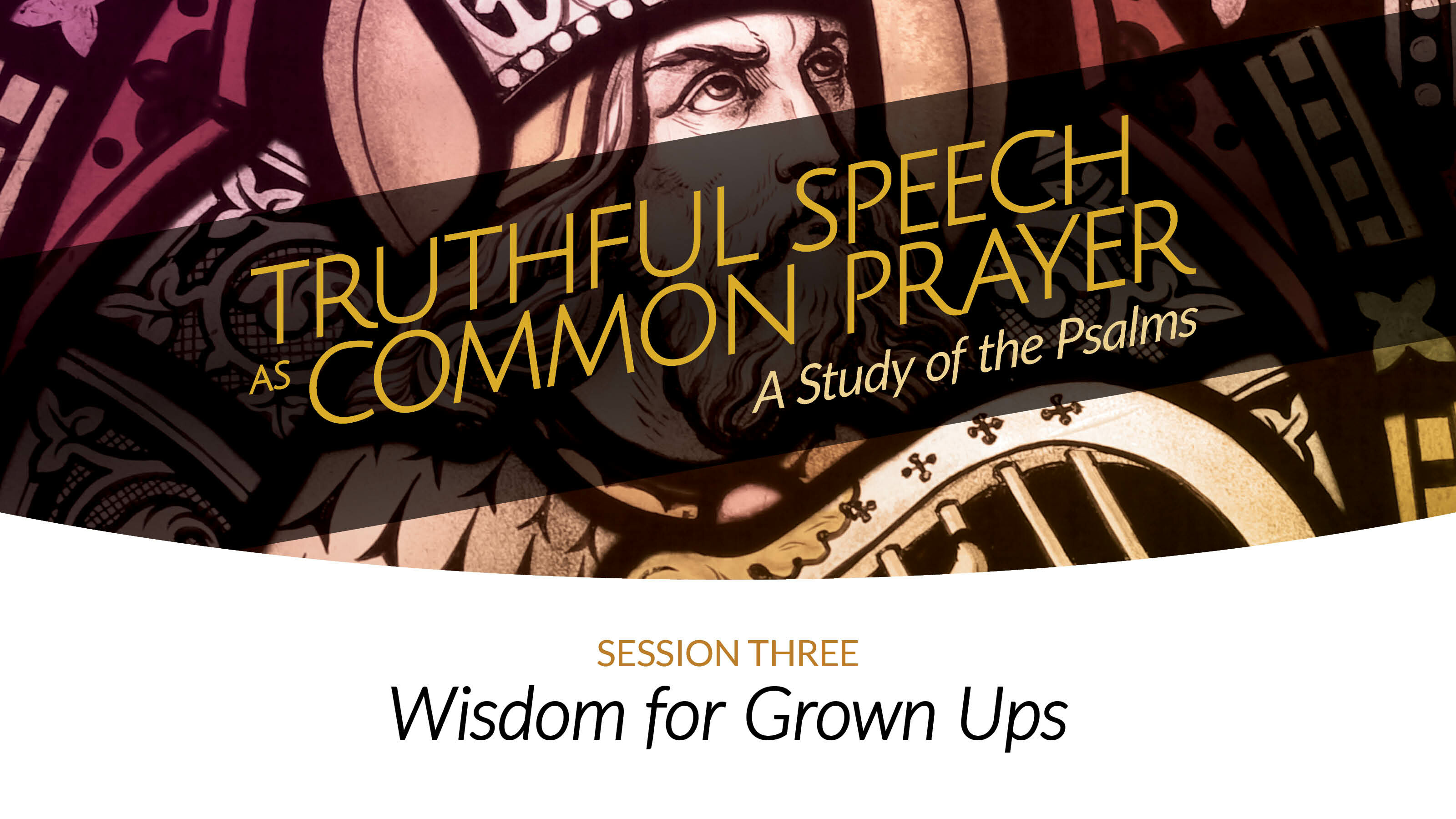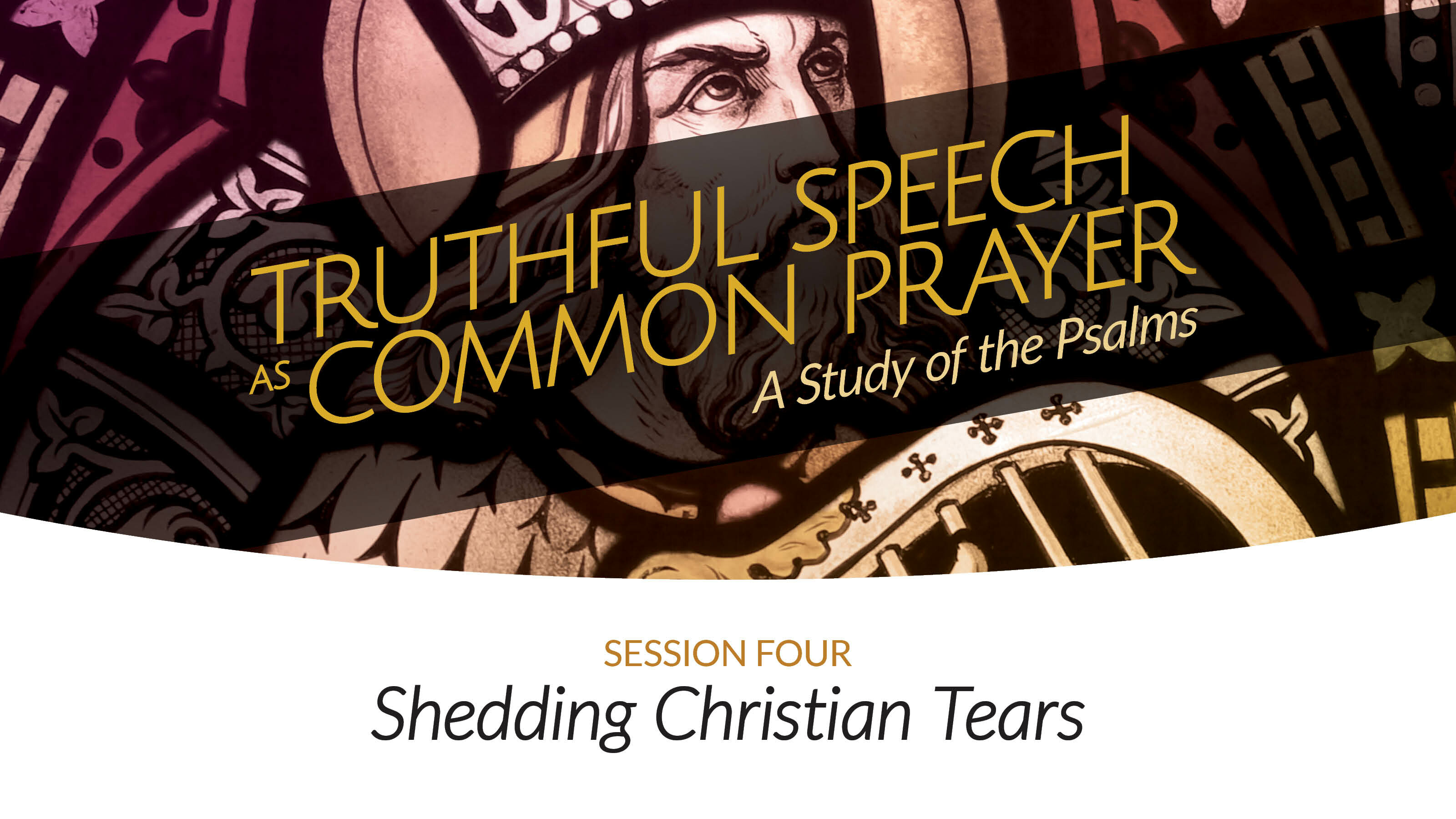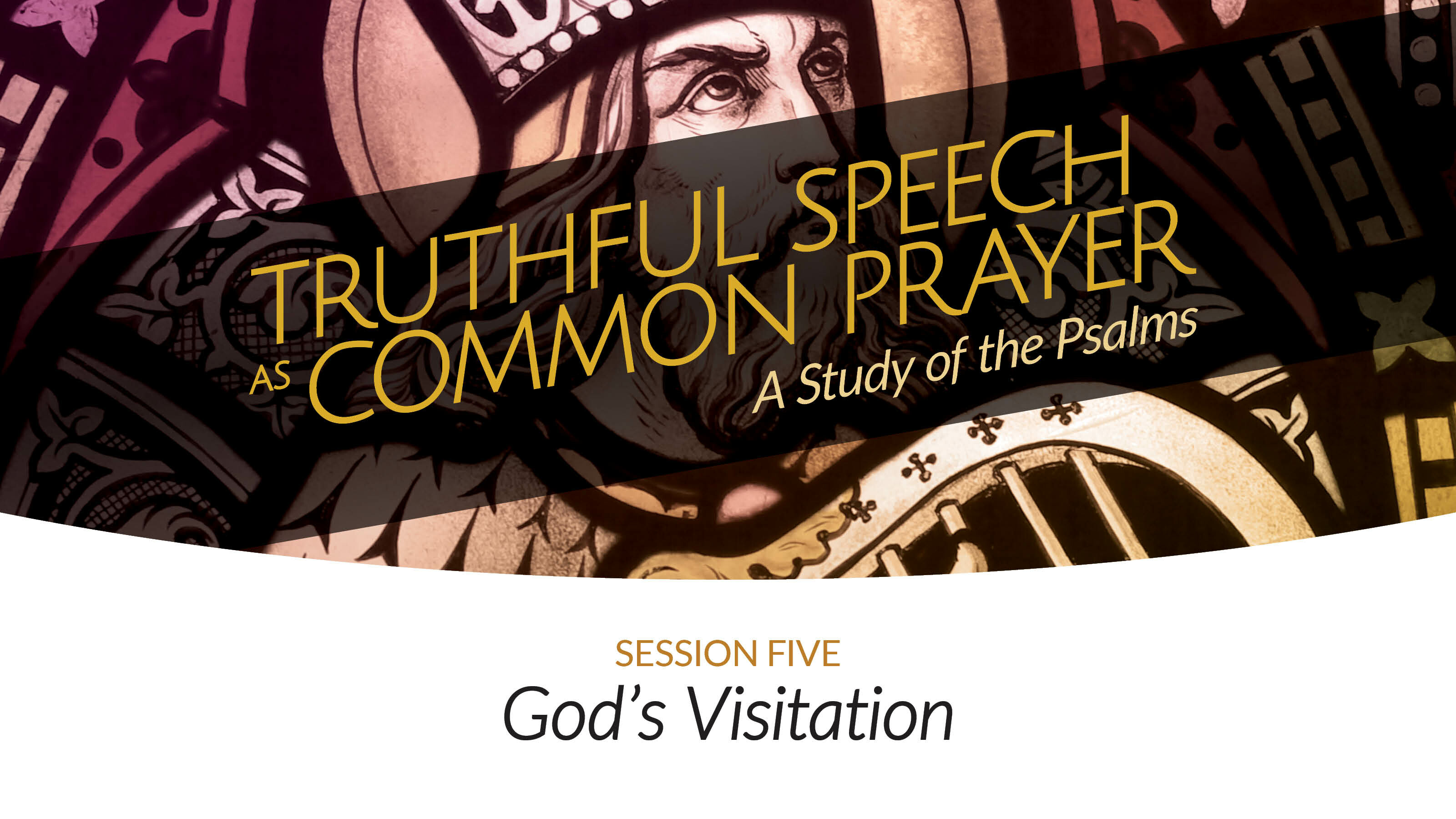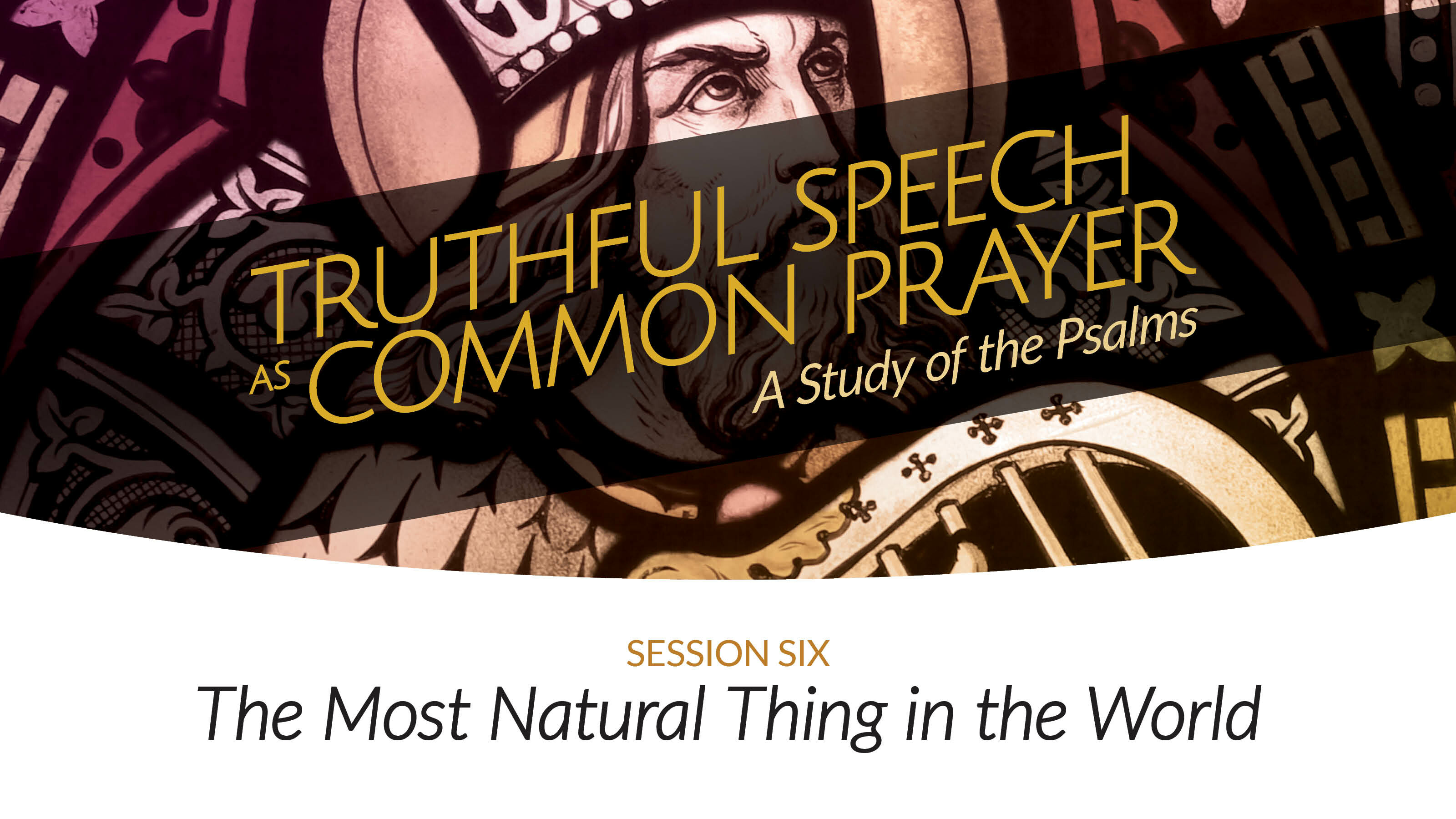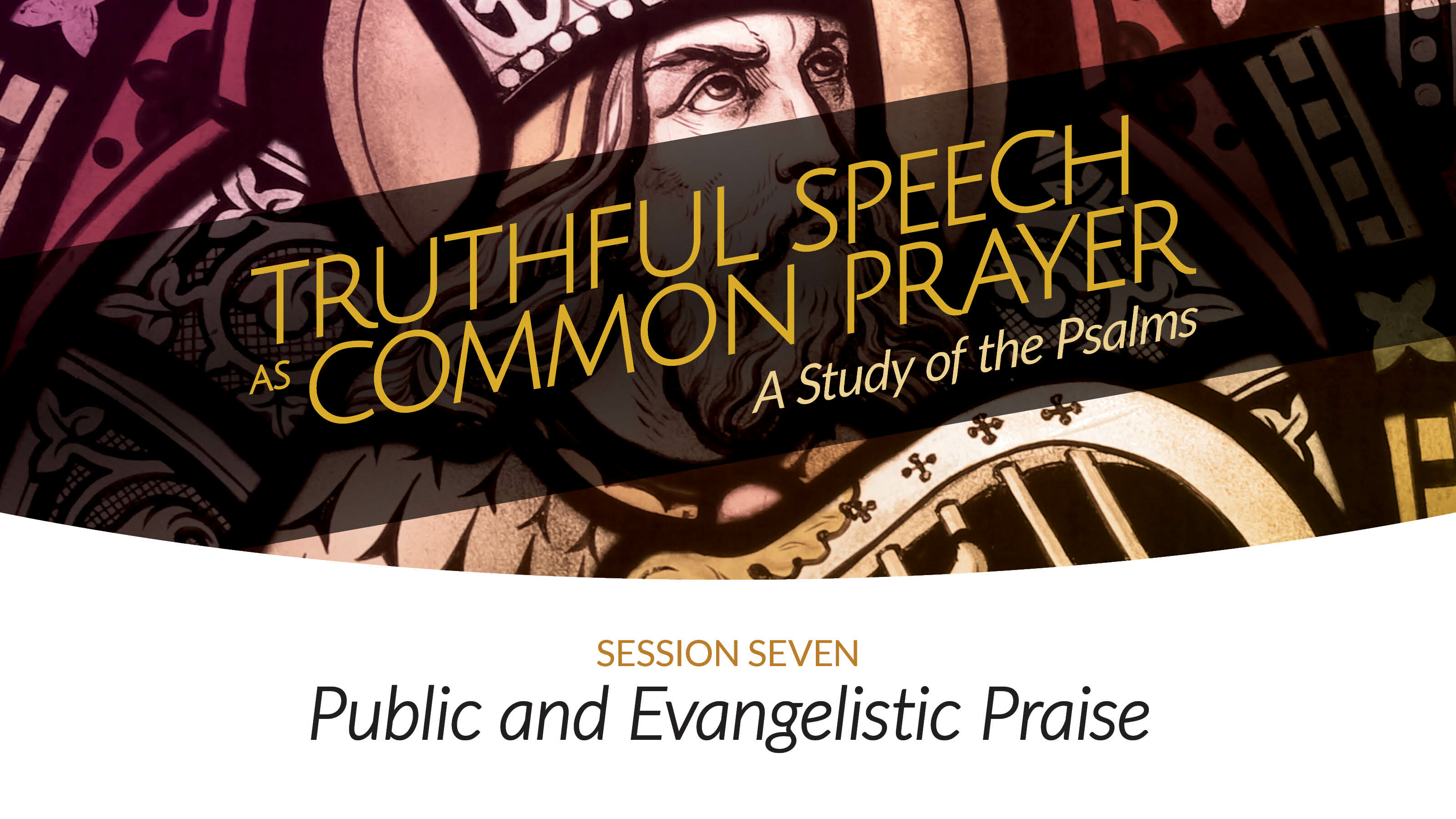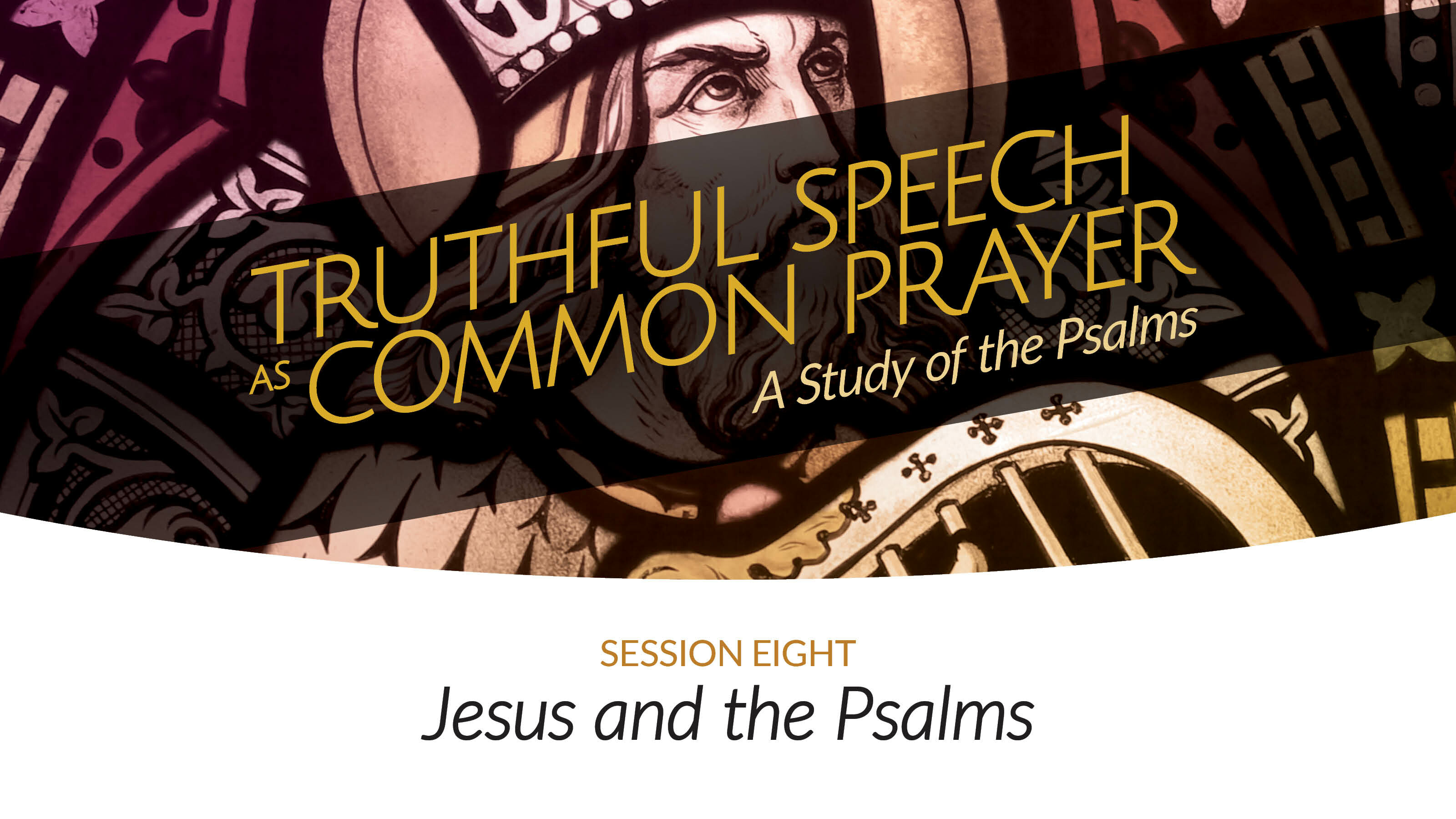Still can't find what you are looking for? Let us know how we can help.
Use the login below to access your InFellowship account.
Need an account?
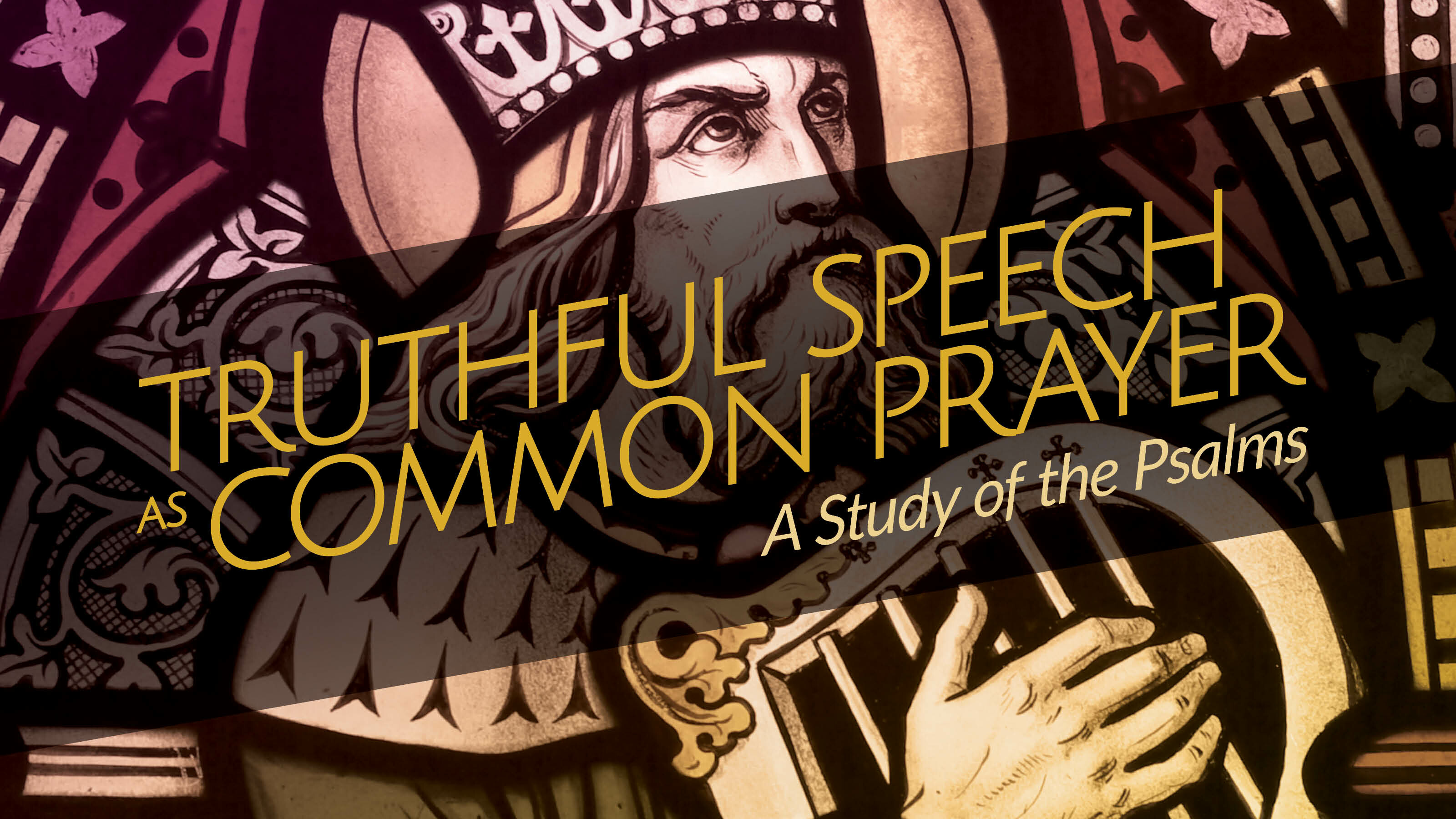
Study Description
The Psalms are at the core of our common prayer life as Anglicans, but some Psalms can be difficult to understand because the world they reflect is so different from our own. We tend to prefer Psalms that are immediately accessible (like Psalm 23) and avoid those that seem difficult to our modern sensibilities.
This study presents an opportunity to understand the scope of the Psalter and grow, not only in our prayer lives, but also as human beings made fully alive and formed into Christ’s likeness.
Details
- Length: 8 sessions
- Teachers: The Rev. Michael Funderburk, The Rev. Dr. Jonathan Bailes
- Leader's Guide: Discussion questions are available for small group leaders.
Access Leader's Guide
Watch the Series
1. Getting a Handle on the Psalms
The Psalms are at the core of our common prayer life, even though they emerged from a world so different from our own. The more shocking psalms confound us with their raw emotion. By learning to understand and pray the entire Psalter, we will grow not only in our prayer lives, but also as human beings made fully alive, formed more and more into Christ’s likeness.
2. Trusting the Process
The psalms of wisdom provide teaching about the way of righteousness set in contrast to the way of wickedness. How can we pray them? Because prayer is formative, not just expressive, the psalms of wisdom can shape our response to God.
3. Wisdom for Grown Ups
Everyone desires wisdom. Each of us wants to find the "good life," a life of flourishing and blessedness. The wisdom psalms speak to this desire, but take into consideration the realities of lived existence, especially the fact that sometimes the wicked prosper and the righteous suffer.
4. Shedding Christian Tears
Living in a broken world, pain is not something we can avoid. Betrayal, loss, and injustice enter our lives as unexpected and unwelcomed guests, just as they did for King David and the other psalmists. Learning to pray the psalms of lament can teach us that healing for our grief and sorrow always happens in God’s presence.
5. God's Visitation
Is it possible to experience God's presence in a time of suffering and loss? In the throes of grief, sorrow, and anxiety, the psalms of lament, especially those composed by King David, can open our eyes to notice God's nearness.
6. The Most Natural Thing in the World
"The world rings with praise," C.S. Lewis wrote. Praise isn't just a religious phenomenon; it's a everyday feature of life. Praise is so central in the Psalms because God is an unending source of beauty and goodness and grace. What should this praise look like?
7. Public and Evangelistic Praise
Praise and worship is often thought of as an interior and private affair. Psalm 96 has a very different perspective, viewing praise as a duty that is both public and evangelistic. Our joyful praises are good news to a suffering world, for we believe that the Lord reigns and He is coming to set all things right.
8. Jesus and the Psalms
When the Psalms were originally composed and collected into a single book, Jesus of Nazareth had not yet been born, and yet the Psalms find their ultimate fulfillment in him. In this session, we study the relationship between Jesus and the Psalms and how it changes the way that Christians today ought to read and pray.
![]()
Find "Christ Church Studies" on Your Podcast Provider
Never Miss a Podcast
Get an email notification whenever Christ Church Plano releases new video and audio content on podcast or livestream. Customize which notifications you would like to receive.
